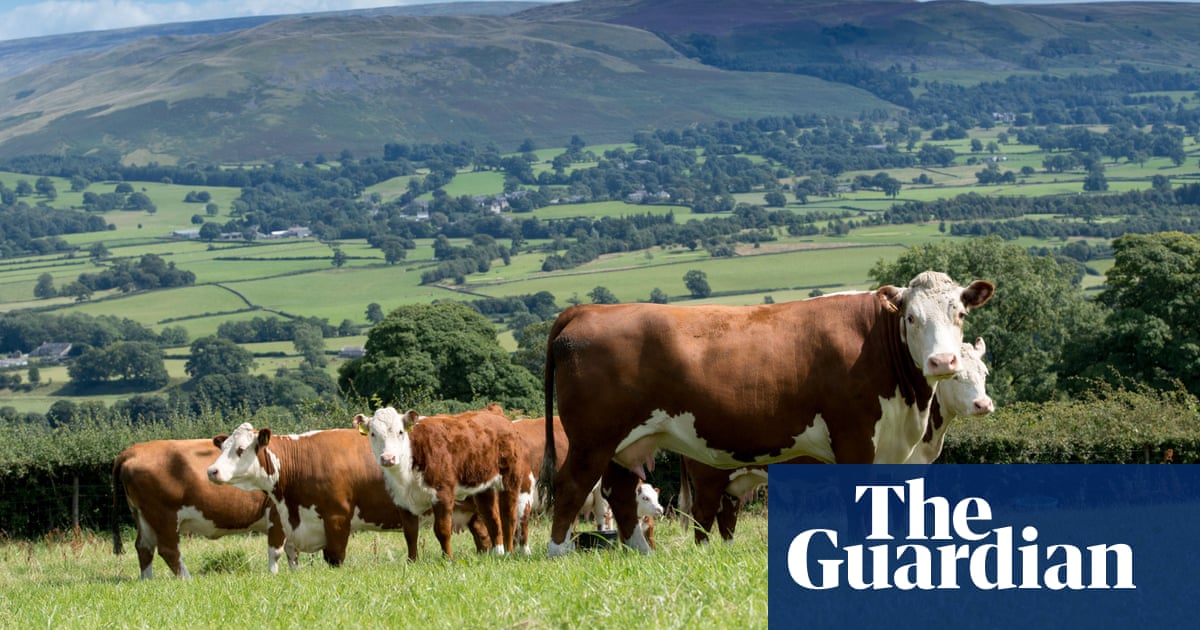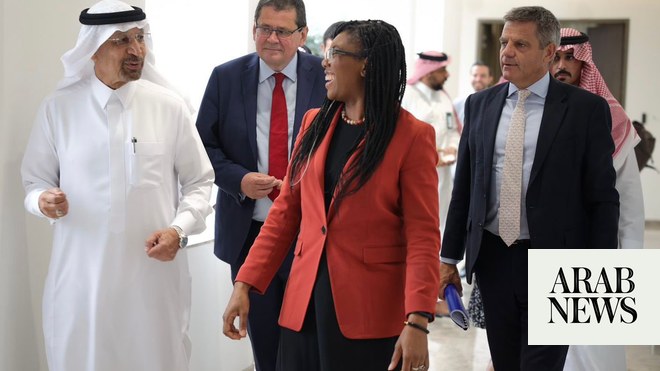
The UK has halted trade talks with Canada, with discussions breaking down after a disagreement over beef and cheese.
The two countries have been negotiating for the past two years in the wake of Britain leaving the European Union, with trade continuing under the same deal brokered when the UK was a member of the bloc.
A UK government spokesperson said: “We have always said we will only negotiate trade deals that deliver for the British people. And we reserve the right to pause negotiations with any country if progress is not being made.
“We remain open to restarting talks with Canada in the future to build a stronger trading relationship that benefits businesses and consumers on both sides of the Atlantic.”
The talks, which started in March 2022, are among a number of negotiations Britain has launched around the world after its decision to leave the European Union, which excluded it from existing EU free trade deals.
The previous agreement had allowed the UK to continue to sell cars and cheese in Canada without it charging import tax. However, Canada’s government has been facing pressure from the beef industry and domestic cheesemakers.
The UK had been trading with Canada on terms that largely replicated the arrangements in place from the UK’s time in the EU.
A spokesperson for the Canadian trade minister, Mary Ng, said: “We are disappointed that negotiations with the UK are being paused. Their decision to continue to maintain market access barriers for our agriculture industry and unwillingness to reach a mutual agreement has only stalled negotiations.”
Ng has contacted the British business minister, Kemi Badenoch, to express Canada’s disappointment, the spokesperson added.
Before Britain left the EU at the end of 2020, Canada rolled over existing trade arrangements to ensure free trade could continue.
One arrangement dealing with cheese access has expired and a Canadian government official blamed Britain for the lack of an extension deal.
“Unfortunately, Britain did not act as fast as it should have in negotiations, and expects Canada to just give [it] these things,” an official told the Reuters news agency.
Both sides said they were ready to resume talks. According to official British data, total bilateral trade in goods and services was £25.9bn in the year ending 30 June 2023, when Canada was Britain’s 18th largest trading partner.
A farmers’ leader said it was essential that hormone-treated beef was not allowed into Britain.
Minette Batters, the president of the National Farmers’ Union of England and Wales, said the stopping of the trade talks was “a relief for farmers”.
She told BBC Radio 4’s Today programme: “This has been going on for a long time and it is about enhancing the trading relationship between the UK and Canada.
“Trade on agricultural products is always the first thing to be discussed and the last thing to be agreed. I am pleased the government has stuck to its line and not given way.”
Batters told the programme: “Canada has used cheese as a sort of negotiating lever. We lost market access at the end of 2023 and then they put it into these enhanced discussions.”
She added: “The prime minister put it in writing last year that he would not be importing hormone-treated beef or chlorine washed chicken.
“Canada has played hardball for a long time. It was always going to come to a crunch point as to who was going to capitulate.”
According to Canadian data, bilateral trade with Britain in 2022 accounted for 2.7% of its total.
Jonathan Reynolds MP, Labour’s shadow business and trade secretary, said: “This is very concerning news and another significant failure from the Conservatives to honour their promises. Rather than strengthening our trading position post-Brexit, these failures have left us in a weaker position, particularly for the automotive sector.”
“This is another blow to the British economy because of Conservative incompetence. It is clear that they are unable to deliver what we need to get our economy growing.
“Labour would pursue a proper trade strategy, focusing on the UK’s strengths and working to ensure trade supports our industrial and foreign policy objectives while protecting our high standards.”










